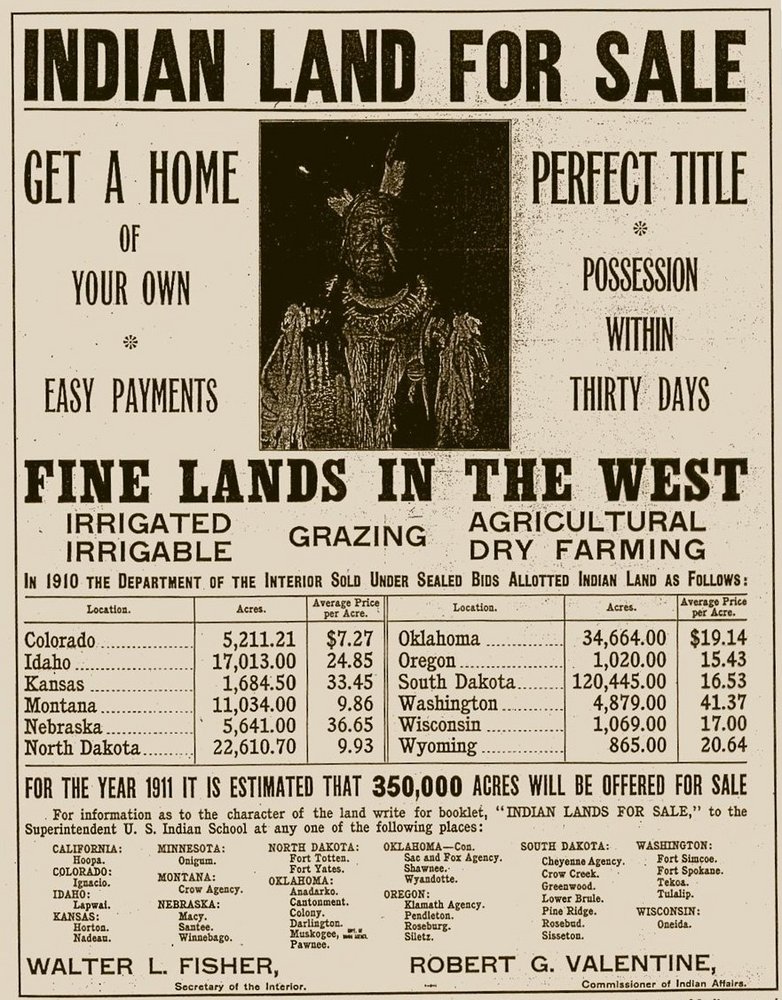Child laborers soon to be affected by this act
The main purpose of this act was to stop child labor that contributed to interstate commerce. It prevented delivery of products from quarries or mine where children under 16 worked, and products from mills, canneries, or other like places when children under 14 worked or where 14-16 year olds worked more than 8 hours a day (applied to areas where children had been employed in the past month). This act also provided for a board to be made to regulate uniforms. The Secretary if Labor could send people to carry out inspections of mines or other working places. District attorneys now had to report violations to the Secretary of Labor who would then prosecute the organization responsible. Anyone who violated this act could be fined up to $200 the first time and between $100 and $1000 any subsequent times, and if someone presented false evidence they could also be prosecuted. It would take effect a year after its passing.







